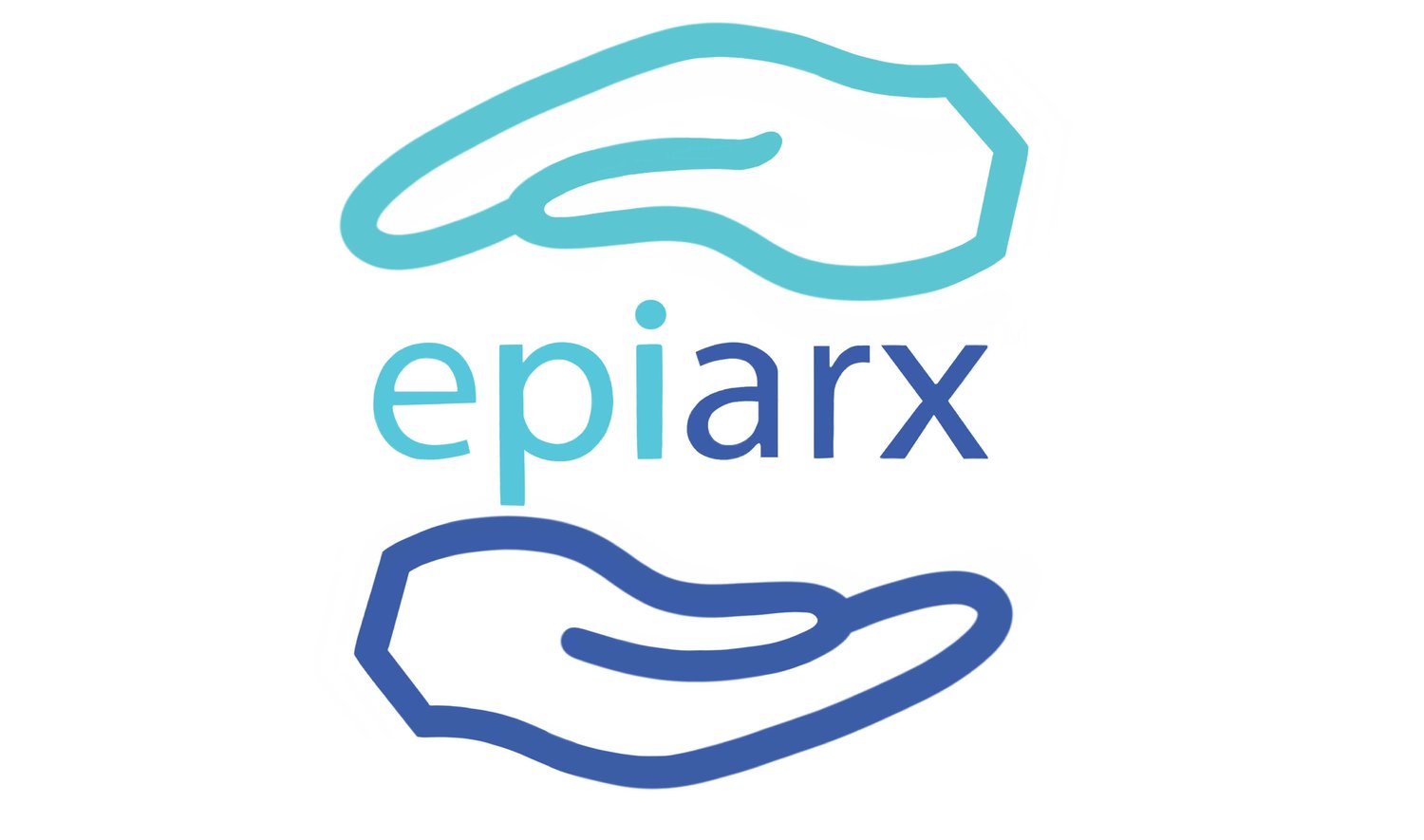
Personalized Cancer Medicine
Treatment guidance informed by tumor genetics and biomarkers
Licensed in CA, CO, CT, DC, DE, FL, HI, MA, MD, NC, NH, NJ, NV, NY, PA, TX, VA, WA, and WV
Get expert, pathology-driven input on how your tumor’s molecular and genetic profile can guide therapy, including targeted agents, immunotherapy, and clinical-trial consideration.
About Personalized Cancer Medicine
Not every cancer responds the same way to treatment. Today, many tumors are tested for biomarkers, mutations, and other molecular features, but patients and even treating teams don’t always get a clear explanation of what those results actually mean for therapy.
At EPIARX, we review your pathology report, biomarker/molecular testing results, and clinical history to help connect the diagnosis to the most suitable treatment options.
Our goal is to help you and your oncologist answer:
Does this tumor have a targetable mutation?
Do current biomarkers support immunotherapy?
Are there alternative or newer therapies to discuss?
Are there gaps in testing that we should close first?
What This Service Includes
Personalized Cancer Medicine Consultation with Dr. Rodic. Discuss your cancer diagnosis and explore personalized treatment options based on your tumor’s molecular and genetic profile.
Depending on your case, the consultation may include:
Review of current pathology report and addenda
Review of biomarker/molecular results (HER2, ER/PR, PD-L1, KRAS, EGFR, ALK, BRAF, MSI, NGS panels, etc.)
Correlation of results with current treatment plan
Recommendations for additional or reflex testing if needed
Therapy-aligned commentary you can share with your oncologist
Our Approach
Why Choose Personalized Cancer Medicine at EPIARX?
Pathology + therapy lens in one place: led by a board-certified pathologist experienced in cancer diagnostics and biomarker interpretation.
Turn findings into decisions: we don’t just list mutations; we explain how they relate to approved or emerging treatments.
Check for missed opportunities: identify when additional biomarker or molecular testing could unlock more options.
Fast virtual access: meet online to review results together, so families don’t lose time in treatment planning.
Report you can share: give your treating oncologist organized, therapy-relevant context.
Our Process
Case Initiation
Send your pathology report, biomarker/molecular results, and any oncologist notes available.Diagnostic & Molecular Review
Dr. Rodic correlates tumor type, grade, stage, and molecular profile.Therapy Mapping
Your results are aligned with current targeted, hormonal, immunotherapy, or combination approaches, and we note where more testing could help.Consultation (within 5–7 days)
Meet virtually to walk through findings and next steps.Share With Your Care Team
Use the summary to discuss options with your oncologist or multidisciplinary team.
Some Ideal Candidates
Patients recently diagnosed with cancer who received biomarker or molecular testing
Patients whose oncologist mentioned “targeted therapy” or “immunotherapy,” but they want more clarity
Cases with borderline or unusual biomarker expression (e.g. low-positive HER2, variable ER/PR)
Complex or recurrent cancers where more testing may open options
Families seeking a second set of eyes on whether current treatment matches the tumor biology
Some Commonly Asked Questions
Do I need to repeat my biopsy?
Not always. Many patients can use existing slides/reports. We will tell you if further testing would be beneficial.
What if I don’t have molecular testing yet?
We can review your current pathology and recommend which tests are most relevant for your tumor type.
Will you tell me what treatment to take?
We will explain which therapies are supported by your results and which additional tests may expand options. Final treatment decisions are made by your treating oncologist.
Can this help with clinical trials?
Yes — understanding your tumor’s molecular profile helps your team identify trials you may qualify for.

